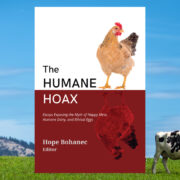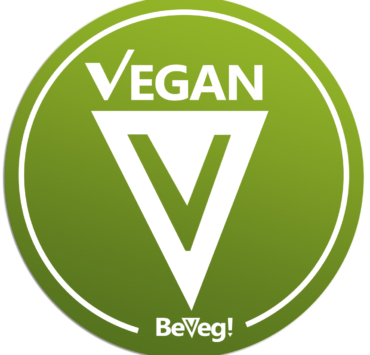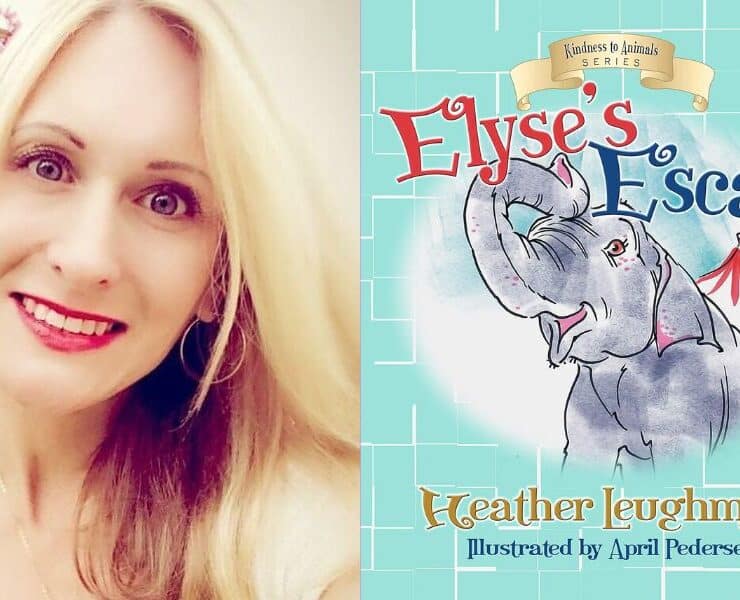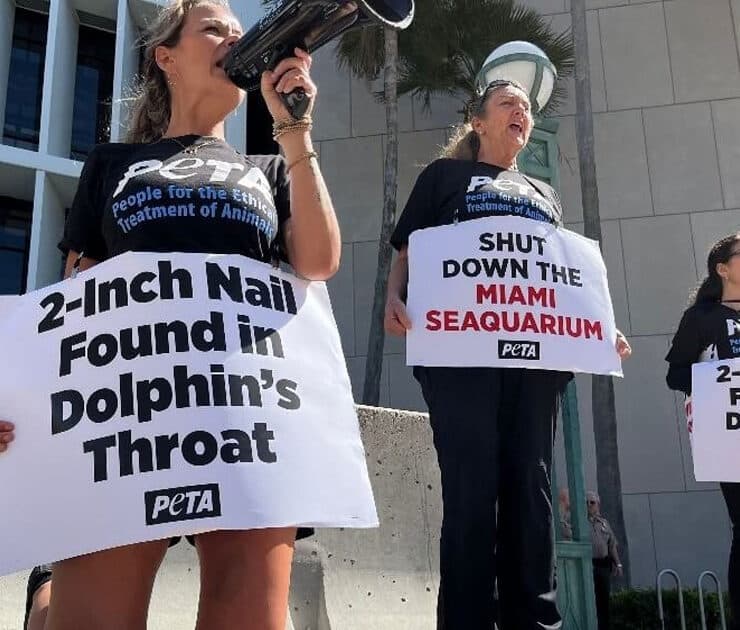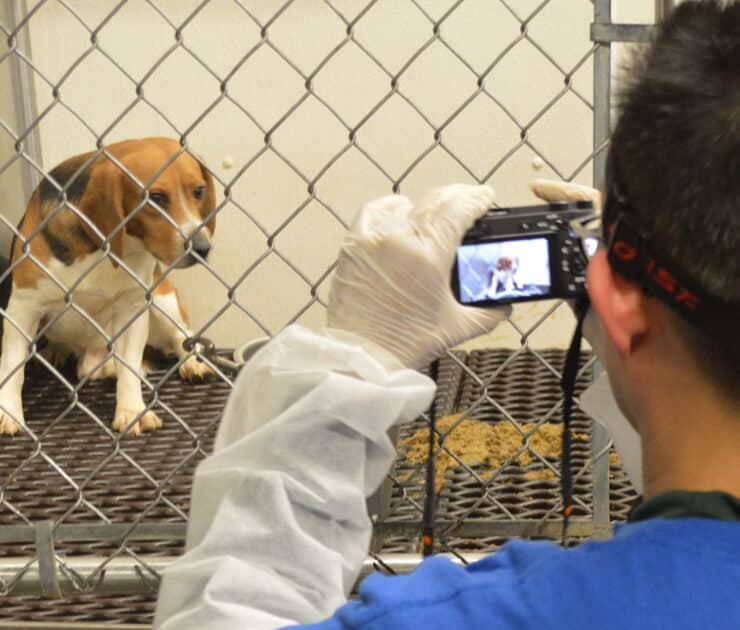PETA Pledges ONE Million Dollars to Save a Thousand Monkeys
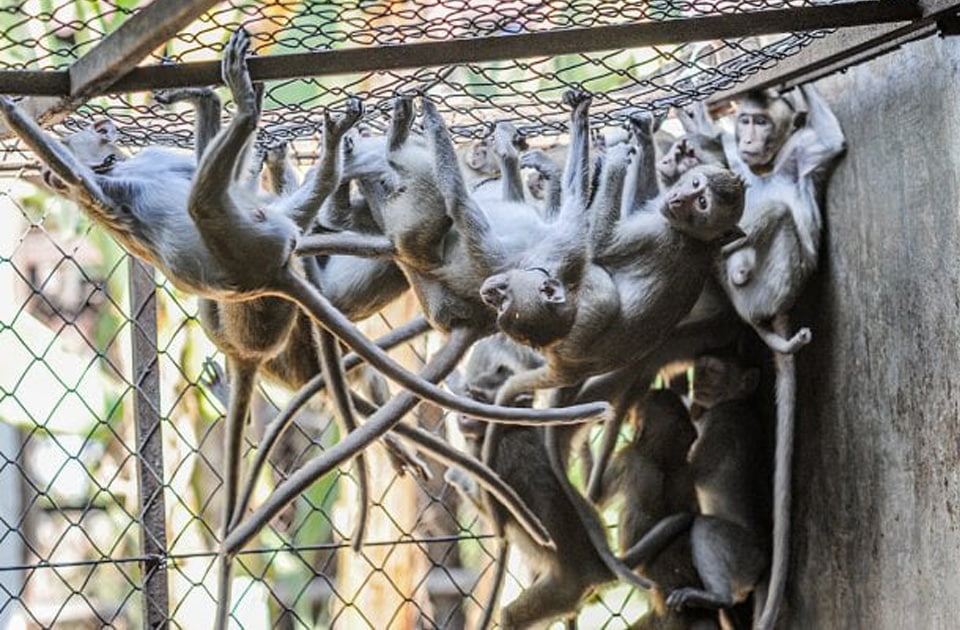
PETA pledges one million dollars to save a thousand Cambodian monkeys, that PETA charges were illegally imported, and asks the public to help with signatures
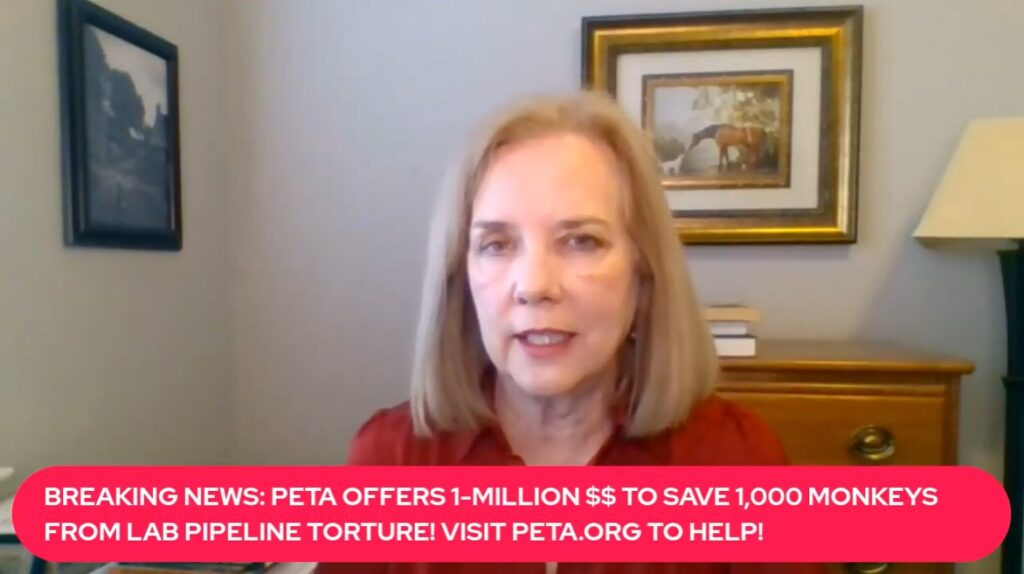
Los Angeles, April 8th, 2023 — The fate of 1,000 monkeys, that PETA says were illegally imported into the United States, is now in the hands of the US Government. The animal rights organization claims that Charles River Laboratories has sought to transport about 1,000 endangered long-tailed macaques from Houston back to Cambodia where they purportedly originated. PETA warns that, if that happens, the already traumatized primates would likely be sent back into the vivisection pipeline and be transported yet again, ultimately ending up being experimented on in laboratories. PETA calls that a hellish scenario and is fighting to protect the monkeys from that fate. The US Fish & Wildlife Service (FWS) is investigating the importation, and campaigners are urging the agency to release the animals to a sanctuary in Texas. Charles River is invited on any time to respond to PETA’s allegations.
TWO FAST & EASY ACTIONS WILL SEND AUTOMATIC MESSAGES TO FISH & WILDLIFE & CONGRESS!
The Born Free USA primate sanctuary in Texas could take the monkeys and PETA has now pledged $1 million to make this happen. But, it’s up to the US government to allow such a transfer. More than 75-thousand people have signed the two campaigns below, two fast and easy actions that send automatic messages to those who will decide the fate of the monkeys.
PETA URGES YOU TO SIGN HERE TO TELL FISH & WILDLIFE SERVICE TO SEND THE MONKEYS TO SANCTUARY!
PETA’S SECOND ACTION, LINKED HERE, LET’S YOU URGE CONGRESS TO TAKE ACTION TO SAVE THE MONKEYS!
Kathy Guillermo, Senior Vice President for Laboratory Investigations of PETA, joined UnchainedTV’s Jane-Velez-Mitchell to talk about this campaign. You can watch the entire conversation here:
Monkeys Need Saving from Laboratory Cruelty
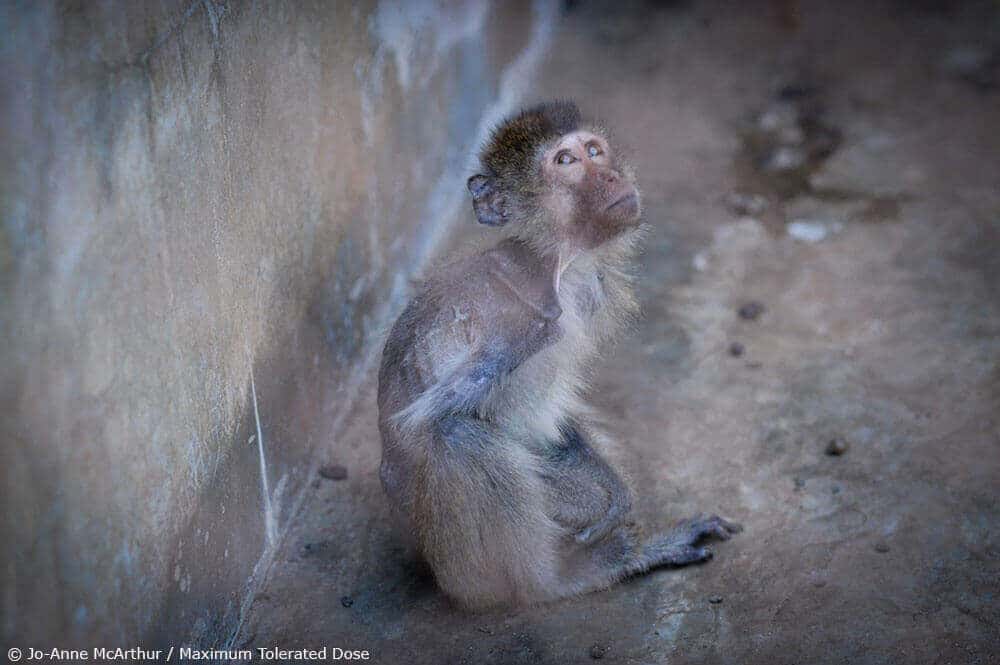
Kathy Guillermo has worked to expose and end cruelty to animals in the experimentation and horse racing industries for nearly 30 years. She alleges these monkeys were imported in violation of the law:
“We are talking about monkeys who were brought into this country illegally, apparently by Charles River Laboratory, the biggest supplier of monkeys in the world. There has been quite a scandal lately about monkeys who have been trapped from their homes in the wild and sold as farm-bred animals. This is an illegal violation of the Endangered Species Act, and it’s a violation of the Lacey Act.”
PETA had been following this case very closely, and asserts that Charles River wants to send the monkeys back to Cambodia. Guillermo is determined to stop it:
“We can’t let that happen. We’ve been working for weeks trying to get placement for these monkeys in the sanctuary. We have an excellent sanctuary in Texas that’s willing to take them if they have enough funding. We think Charles River should pay up, but we’re certainly willing to contribute to that.”
“We have animal experimenters approving experiments proposed by other animal experimenters, and that’s got to change.” — Kathy Guillermo, PETA’s Senior Vice President for Laboratory Investigations
Monkey Laundering? PETA’s On The Case!
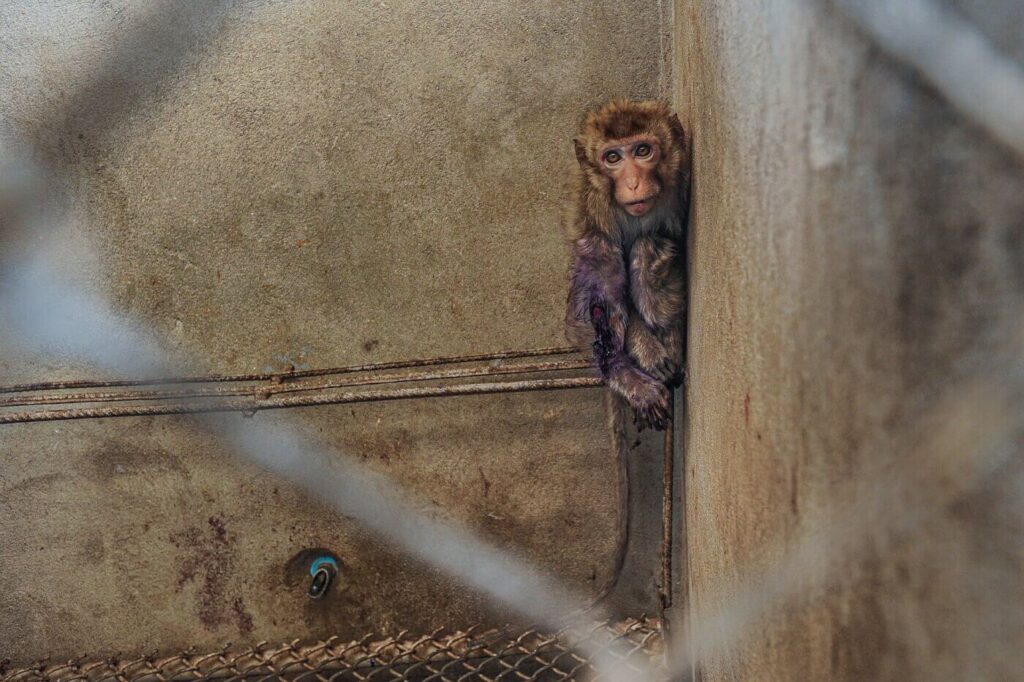
The FWS is still investigating the the legal issues surrounding the 1000 macaques. Meanwhile, this is what Guillermo asserts:
“Back in November, the Department of Justice and Fish and Wildlife indicted eight individuals from Cambodia on charges of monkey laundering, meaning they captured the monkeys from their forest homes, they slapped them with a label that said they were bred in captivity, and they sold them to laboratories in the United States… What’s happening with Charles River right now appears to be part of that bigger investigation.”
It seems a few big primate importers are benefiting from the high demand for monkeys to be used in labs, a demand that has increased due to COVID-related experimentation. Critics of vivisection point out that effective vaccines were developed rapidly, during the crisis, without the traditional years and years of animal experimentation and that, overwhelmingly, drugs that work on animals do not work on humans and vice versa.
“We’re stuck in a paradigm in this country in which we continue to do the same thing even though we now know it’s failing.” — Kathy Guillermo, PETA’s Senior Vice President for Laboratory Investigations
Where Are the Monkeys Now?
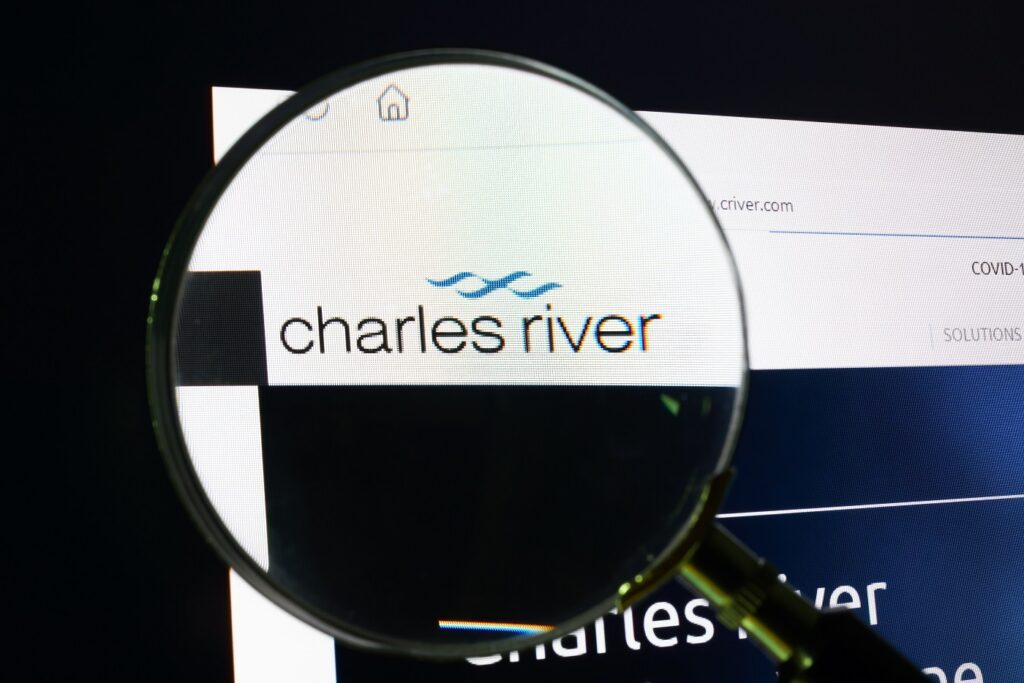
As the investigation continues, PETA believes it knows where the monkeys are located:
“We believe that the monkeys are housed in Charles River’s Houston facility, Texas, and in their Frederick, Maryland, facility… They are not being used in any experiments because the Charles River is not allowed to use them for any experiments. Essentially, what we need from the government is a commitment to keep these monkeys where they are until adequate funding can be found to place them in a sanctuary.”
PETA is asking U.S. citizens to help by going to PETA’s website and clicking on the take action page for this campaign, where an email will be sent to FWS.
We invite any of the companies connected to this story to comment.
“We need to offer new scientists coming up through the system a new way of doing research and a new way of thinking about it.” — Kathy Guillermo, PETA’s Senior Vice President for Laboratory Investigations
What's Your Reaction?
Jordi Casmitjana is a vegan zoologist and author.

